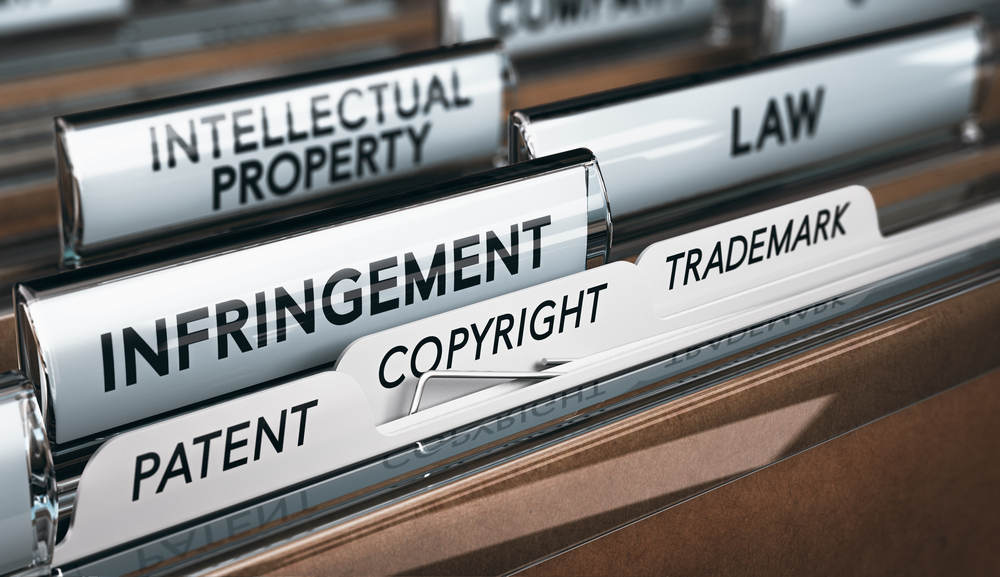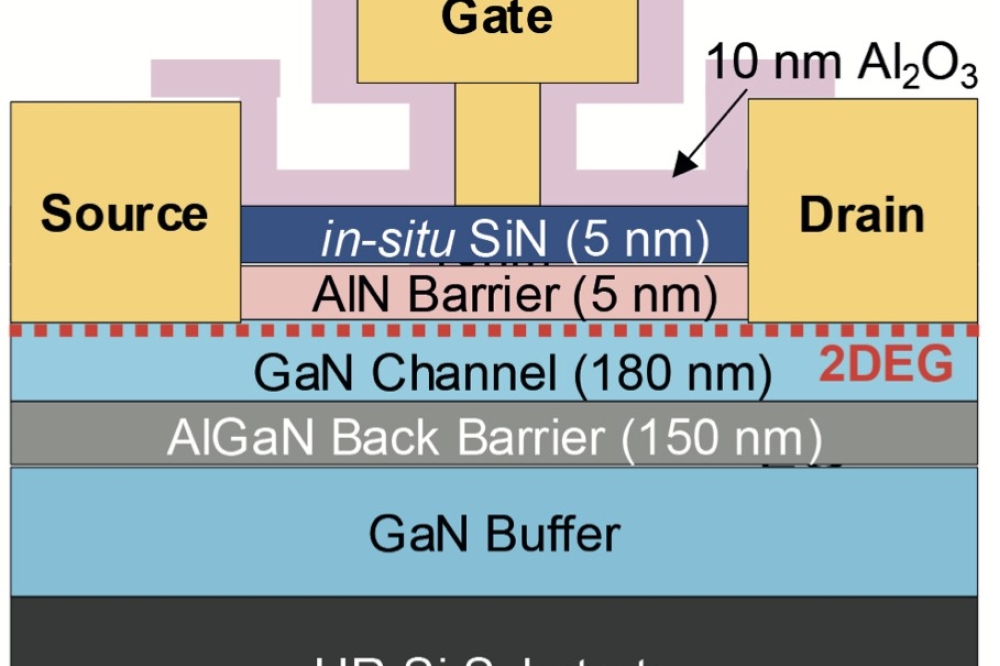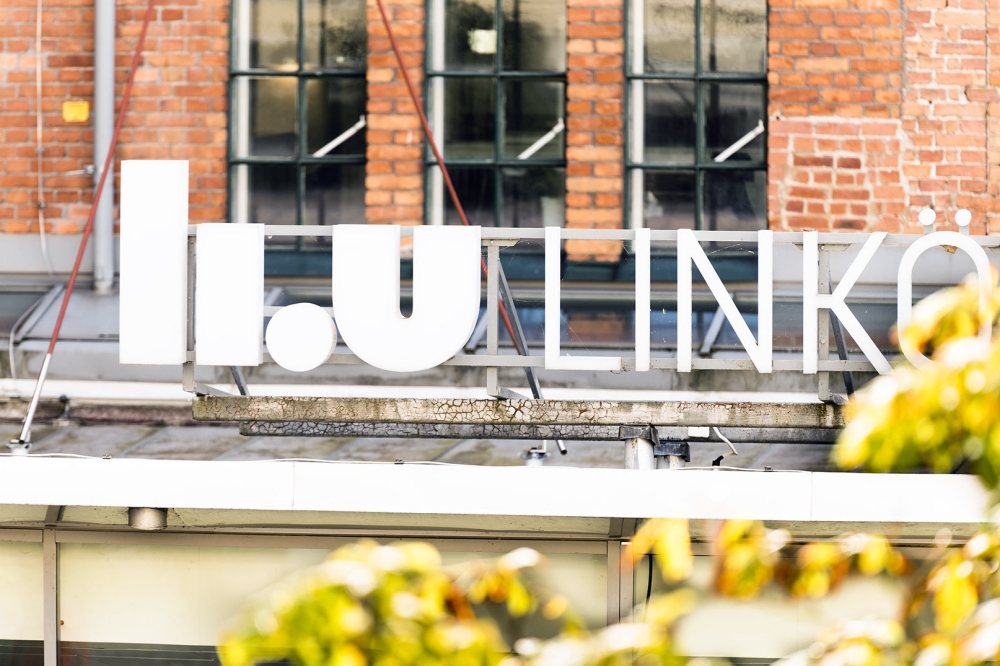Seoul Semiconductor Expands Patent Infringement Litigation against LED TV Distributor

In its amended complaint, Seoul asserts that top brand televisions being sold in Fry’s stores infringe 19 patents covering backlight lenses, backlight modules, LED chips, LED packages, and phosphors, as well as WICOP technology that enables LED chips to be directly soldered onto printed circuit boards (PCB). Seoul’s patent infringement lawsuit against Fry’s was originally filed on August 31, 2018.
Seoul’s backlight lens patents relate to a new concept of lens technology for manufacturing thin and light televisions. This patented technology was developed jointly with leading optical expert, Dr. David Pelka, and included substantial research and development investments by Seoul in optical lenses. As a result of these investments, Seoul has approximately 160 related patents in this area.
Seoul’s backlight module patent enables significant improvement of the colour gamut of LCD displays by using KSF phosphors. The related technology has been co-developed with Mitsubishi Chemical Corporation for many years and has been widely incorporated in most mobile phones and increasingly applied in LCD TVs as well.
Seoul’s WICOP (Wafer Incorporated Chip on PCB) patents enable LED chips to be soldered to a PCB without an LED package - described as one of the world’s first developed revolutionary technologies for semiconductor structures. Other companies may be attempting to imitate Seoul’s patented technology, describing it as a CSP (Chip Size Package) requiring a sub-mount between a PCB and an LED. Protecting its patented technology has led Seoul to expand its infringement claims in the Fry’s ligation.
In order to safeguard its LED backlight technology and other protected inventions, Seoul has actively enforced its patent rights and sent cease-and-desist letters against suspected infringers. As a result of such enforcement efforts, the United States Federal Circuit Court of Appeals issued a decision on November 19, 2018 that one of Seoul’s competitors willfully infringed Seoul’s LED lens and backlight module patents. The appellate court also found that that Korean LED package company Lumens Co., Ltd supplied television makers with LED backlight bars incorporating infringing products.
“We hope that our commitment for technology innovation would inspire young entrepreneurs and small businesses,” said Sam Ryu, Seoul’s vice president of IT Business. “Protecting that technology against infringement is a cornerstone of our business and sends an important message to the market and other innovators who would follow in Seoul’s footsteps – that hard work and innovation will be respected.”


































